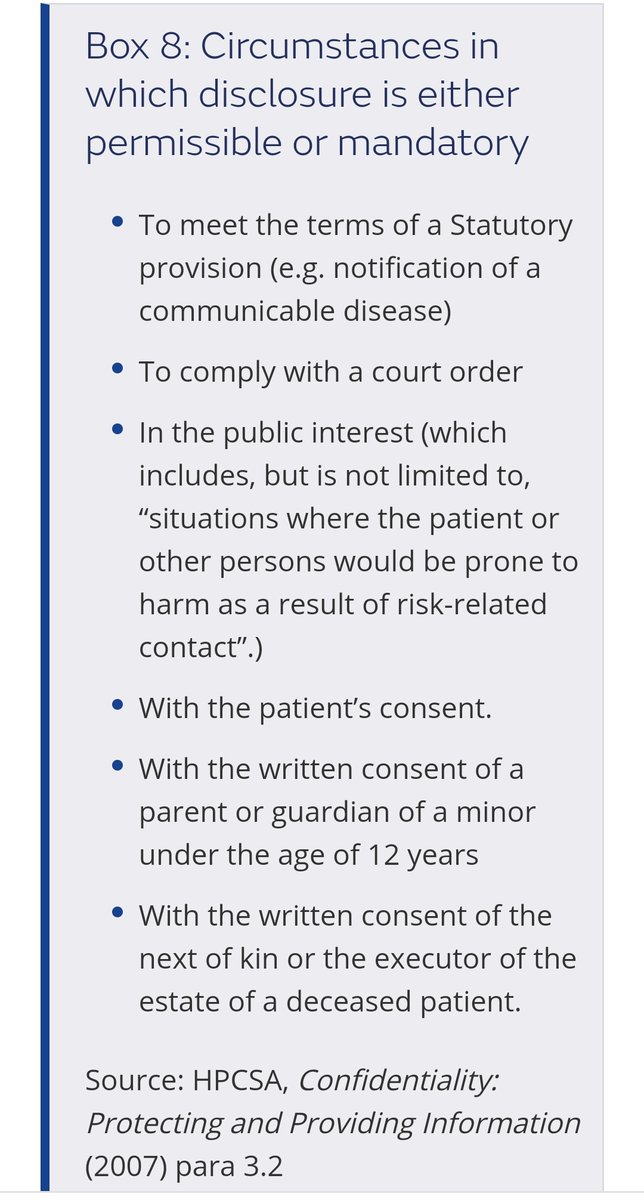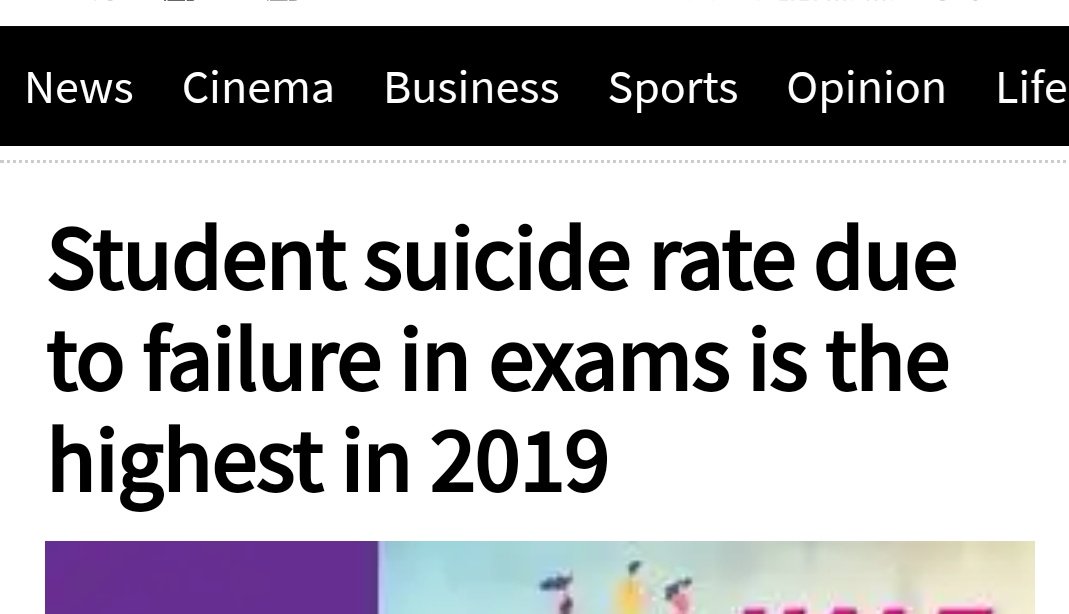
THREAD: for academics & researchers wanting to influence policy makers. Mostly India specific advice. Based on my reading & experience of doing this stuff for > decade now.
At the end, I have also given a link to a very useful Nature paper on this subject
So let's begin..1/n
At the end, I have also given a link to a very useful Nature paper on this subject
So let's begin..1/n
Rule 1: Policy makers are smart people, smarter than researchers/academics/clinicians. In most countries, its harder to become a senior civil servant than get admission to medical college or a proffesorship. Don't be fooled by the dumb look. That's training. So respect them..2/n
Rule 2: Civil servants/policy makers are busy people. If you do not get their attention in the first 5 min, you are never going to make it. So have a very sharp & effective "elevator pitch" ready before you step into their office. I practice in front of the mirror...3/n
Rule No 3: A PM/CS (policy maker/civil servant) will usually have a stream of ppl since the day begins, who are demanding things. So one very effective way to stand out, is to actually offer help. After making the elevator pitch end with "What can I do to help you?" It works. 4/n
Rule No 4: Be clear what is your ASK. There are things PM/CS can do & things they can't. So don't ask for the moon. Ask for small immediate things they can do & feel good about, while also asking for important things that may take years. Everyone likes to feel effective...5/n
Rule No 5: Do your homework on your PM/CS. With Google these days, it's very easy to do so. You should "know" them well - background, achievements, likes/dislikes, soft spots etc. Even if you are meeting them for 1st time, you should already know the person well...6/n
Rule No 6: Be polite, be firm, be assertive (not aggressive). Never try to ingratiate yourself with them. PM/CS are very acutely aware of power dynamics & it's imp that you ensure you get them to see you as an equal. Your advice will travel further this way..7/n
Rule 7: Stick to the knitting. Know your subject well & do not offer advice/suggestions beyond your area of expertise. They will judge you for it.
Be prepared with your subject knowledge & data. Don't make it up. If you don't know, be honest & say you will get back..8/n
Be prepared with your subject knowledge & data. Don't make it up. If you don't know, be honest & say you will get back..8/n
Rule 8: Think like a VC. Out of every 10 such investments of time & energy (in people - PM/CS), one will click & you will get huge policy influence. That's how it works. So learn the art of investing in PM/CS..9/n
Rule 9: Remember things take time. Your only agenda in 1st meeting is to ensure they r interested enough to call you for a 2nd meeting. I don't ask anything from a PM/CS until meeting 3 or 4. First few meetings are only to educate them to see the world from my perspective 10/n
Rule 10: Ask yourself why you are doing it. Are you motivated enough? Can you think like a policy entrepreneur? Understand the policy process & timeframe
Read the paper below.
And best of luck with policy influencing! It can be very rewarding! END
nature.com/articles/s4159…
Read the paper below.
And best of luck with policy influencing! It can be very rewarding! END
nature.com/articles/s4159…
• • •
Missing some Tweet in this thread? You can try to
force a refresh




